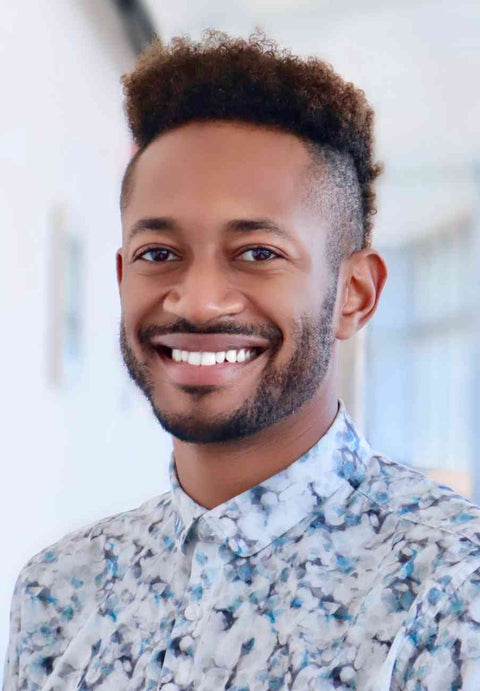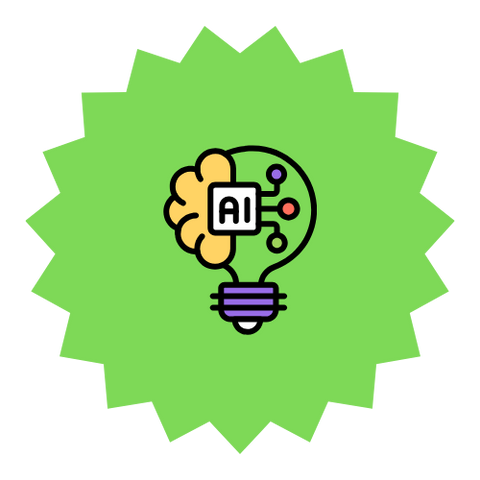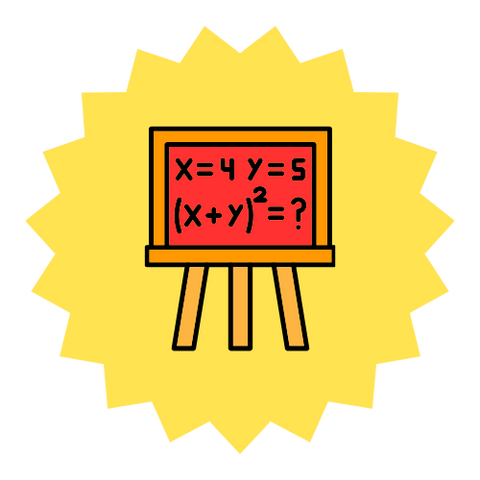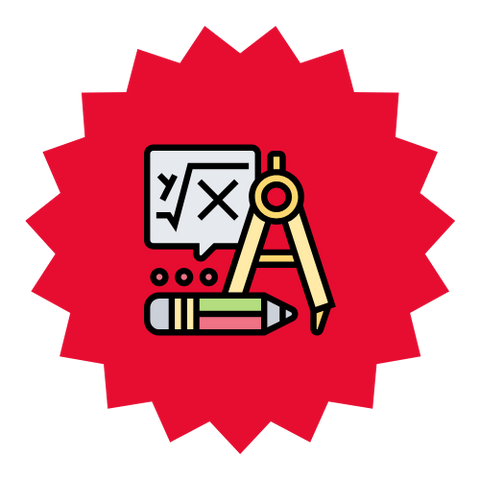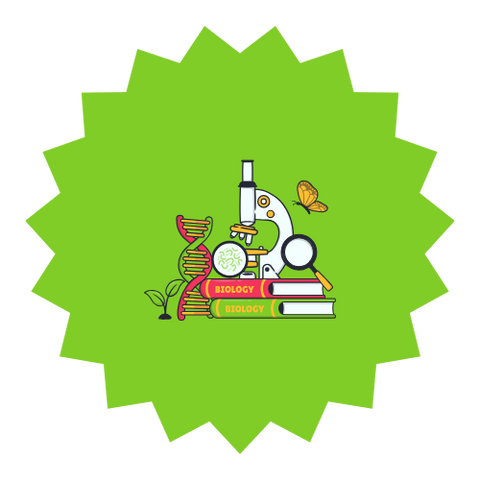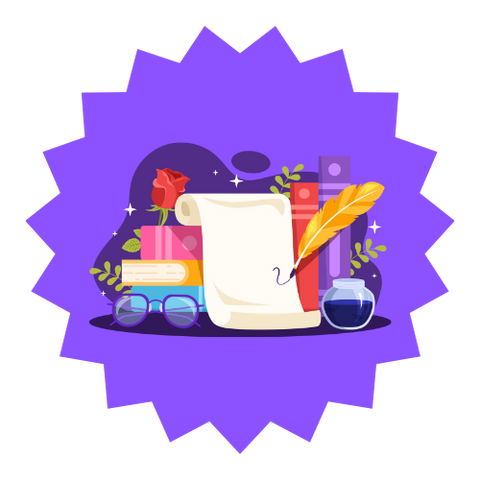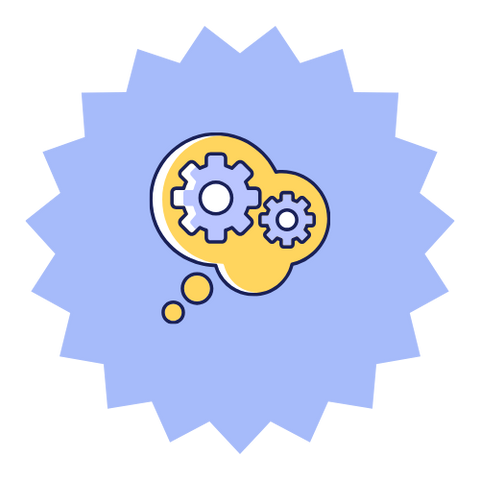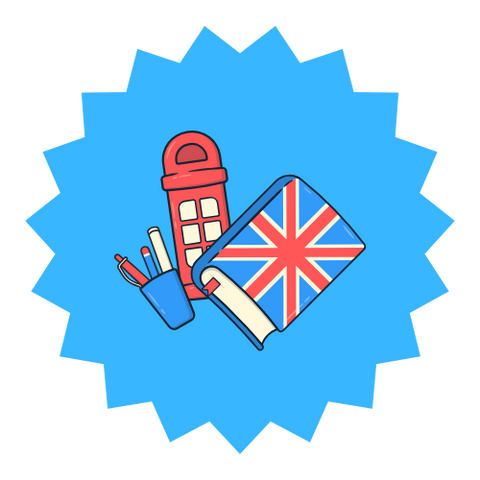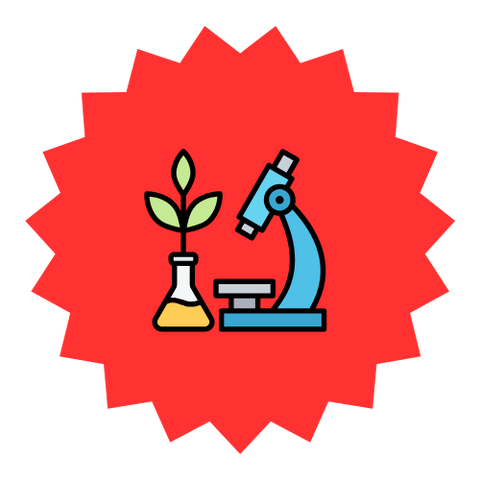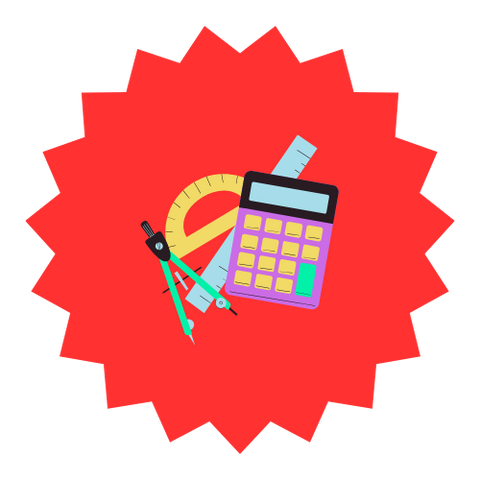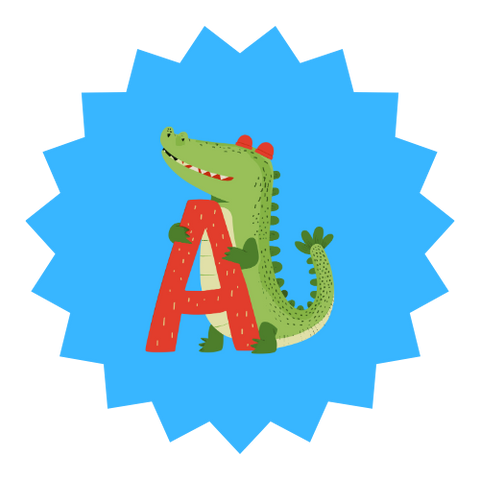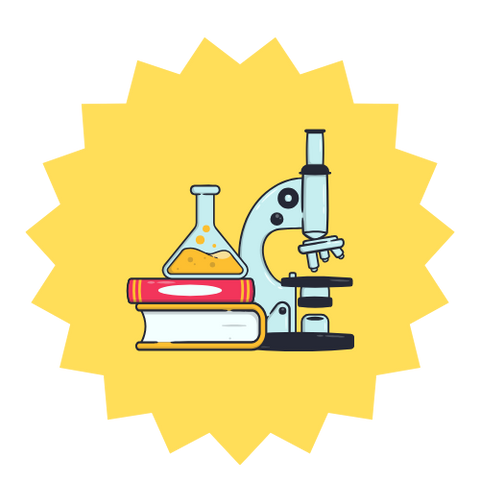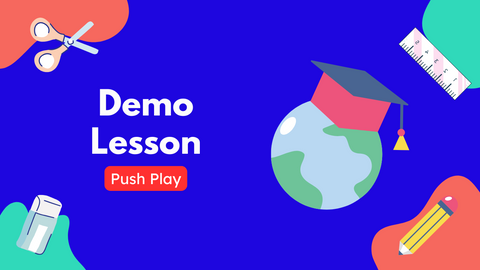Kyron
Kyron holds a B.S. in Kinesiology from Temple University and an M.J. in Health Law from Loyola University Chicago, and he combines active listening, open-ended questioning, and the “See, Do, Teach” method with experience in behavioral health and the Math Science Upward Bound program to build independence, confidence, and problem-solving in middle-through-college learners; he has a track record of helping students with ADHD and challenging home situations make sustained academic and behavioral gains, and as an Eagle Scout he brings leadership, patience, and real-world coaching to every lesson—outside tutoring he mentors youth and sings in a community choir.
M-F 3-11pm and all-day Saturday
From my experience as a tutor and working in behavioral health, one of the best methods to teach anything is to ask open ended questions and conduct active listening to allow the students to make and learn from their own mistakes. Another method I plan to use is the "See, Do, Teach" method, where you challenge the learner to watch how to complete the task or problem, allow them to do it on their own, and then have them teach it back or teach it to someone new. This methodological approach facilitates long-term learning by reinforcing how the learner applies information.
I obtained my Bachelor of Science in Kinesiology from Temple University in 2015. Then I went on to obtain my Master of Jurisprudence in Health Law from Loyola University Chicago in 2023.
During my undergraduate studies, I was a tutor/mentor through the Math Science Upward Bound program. I tutored high school students in math, science, and English.
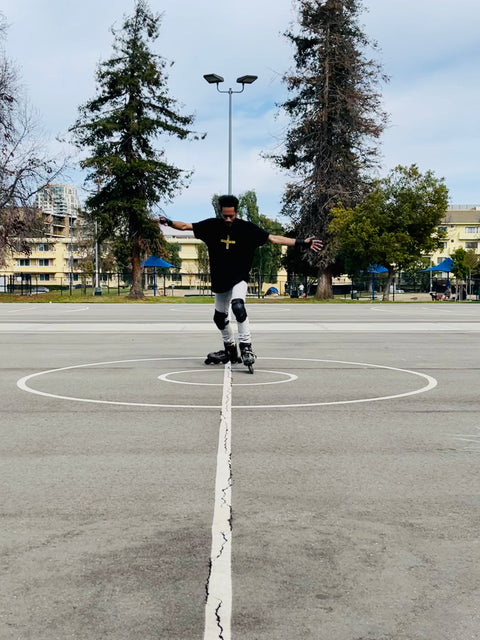
My mission
I think education is the water of our minds and tutoring is the sunlight that helps learning to grow. I was fortunate enough to have a math tutor growing up and it shaped how I was able to tutor students in the future. Education happens best through connection whether it be our parents, peers, or teachers. Tutoring is a bridge to this connection, and I am determined to help facilitate a more educated world through my own education and working with others.
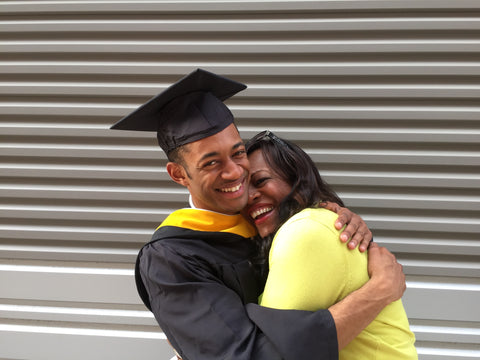
My Story
I grew up in Roswell, Georgia and felt very much like a fish out of water in my school and my hometown. Despite receiving tutoring, I was considered gifted by the age of 8 at my elementary school and felt like I had much more potential than I was given credit for. Equally, I felt like learning wasn't linear and I was constantly being underestimated in my abilities to excel. Despite this, my mother enabled me to work very hard and be well-rounded in many activities from the choir, to sports, to community service, all while maintaining decent grades in school. These experiences helped me build enough confidence to complete my Eagle Scout Award and get accepted to every school that I applied to as an undergraduate all within a month before my 18th birthday. Since then, I have maintained a strong focus on academic acumen in adulthood through my career in health sciences from clinical research to public health policy.
Cognitive Diversity
How I adapt to students with diverse intellectual needs.Every student is different, and I have had some tough students to work with. Again, I start by using open ended questions and active listening to gather as much information about what the student is struggling with and adapting my approach from there. I had one student in particular who came from a rough family dynamic and my manager took notice that she was the most receptive to me from all the other tutors. I was patient with her and always provided positive reinforcement, even when she would make mistakes. She opened up about some of the challenges she was facing and I reminded her that she was in control depending on how she showed up everyday. She was so used to negative reinforcement that slowly she started to build confidence in her own abilities and over the course of a year she made significant improvements not only in her academic work but also in her overall behavior and attitude towards school.
I worked with gifted students in the Math Science Upward Bound program as well as being identified as gifted when I was in grade school. For these students, my main strategy will be to appropriately challenge them and allow them the space to help structure their learning. It can be frustrating as a gifted person to feel underwhelmed or underestimated which can lead to educational burnout which sometimes presents as a lack of effort. Gifted students also can have some other cognitive processing like Autism or ADHD which will require presenting them with unique challenges that will keep them engaged and focused. Gamifying learning can be productive for these students in particular as competitiveness can be a positive reinforcer for gifted students to feel like they are being challenged more than just academically.
Many of my students from the Math Science Upward Bound program had ADHD and I worked with them during the summer program where I would attend classes and monitor them. I myself had a learning curve in navigating how to work with and engage students but I have learned that students with ADHD need constant stimulation adapted to their needs to maintain focus. I would work with the parents also to address specific strategies to employ. For the virtual environment, I would try to focus on creating a space that was mostly free from distractions but that would also validate their interests in a way that could be used in tandem with their learning.

